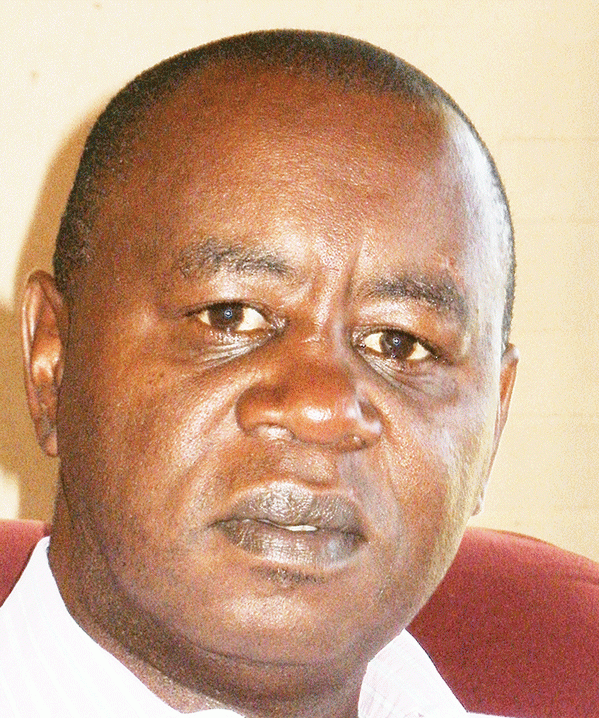
By Vince Musewe
Human capital refers to processes that relate to training, education and other human capacity building initiatives in order to increase the levels of knowledge, skills, abilities, values, and social assets of the citizens of any country.
The developed world is now dominated by brain-intensive industries which include, among others, computers and software, robotics and machine tools, microelectronics, materials sciences, biotechnology and telecommunications.
What used to be primary (inventing new products) has become secondary and what used to be secondary (inventing and perfecting new processes) has become primary. These require significantly different skills than in the past. Asia is a clear example where reinventing new products and perfecting new production processes has created significant economic growth. Zimbabwe should do the same.
Developed countries have become developed not by accident, but through deliberate continuous investment in research and skills development, while Africa continues to under-invest in its future.
Differences in economic growth across countries have become closely-related to cognitive skills and unless we focus on developing these, we will remain underdeveloped operating way below our potential capacity as a continent.
A highly-developed human capital base will be the source of comparative advantage in the twenty-first century global economy. Human capital, or the education, skill levels, and problem-solving abilities will be the competitive advantage of nations because they enable individuals to be innovative and productive in a highly competitive global economy. It is, therefore, essential for us to invest in this if we are to be a competitive nation in the future.
The rapid expansion of new digital technologies requires a totally different approach from human capital development. Countries must now focus more on the quality of education as opposed to mere access to education.
- Chamisa under fire over US$120K donation
- Mavhunga puts DeMbare into Chibuku quarterfinals
- Pension funds bet on Cabora Bassa oilfields
- Councils defy govt fire tender directive
Keep Reading
Unfortunately in Africa, according to the African Development Bank, most economies continue to compete on the basis of factor endowments, with growth dependent primarily on low-skilled labour and natural resources.
Moving up the value chain to more efficient and innovation-driven economies is, therefore, essential to increasing and sustaining economic growth.
In order to achieve this, the bank continues, this will require high-impact investments in education, science and technology. A vibrant private sector is key in creating jobs, producing and marketing sophisticated goods and services, and latching on to global value chains.
Further, improving the quality and inclusiveness of growth will require more citizen participation and greater accountability from public service providers to offer value for money as well as safety nets to build resilience to economic and social shocks and move poor individuals and communities out of poverty.
Zimbabwe needs to pay attention to the issues raised above. We must re-invent our education system that used to be the pride of Africa, aggressively create new employment opportunities including high-end jobs, provide broad access to health and wellness and create an enabling environment for all our citizens to attain their full potential.
Over and above this, the role of technology, especially Information and communication technology, in accelerating human capital development cannot be ignored. The fourth industrial revolution is fast becoming a reality, while the COVID-19 pandemic has inadvertently accelerated digitisation.
We must adapt or be left behind. The potential impact of new technologies on economic and industrial development is unimaginable. One thing that is certain is that those countries which ignore this new wave do so at their own peril.
The challenge to developing countries and governments is the urgent recalibration of their industrial development plans and the creation of new ecosystems which facilitate early adoption. Education will be key.
Most developed and developing countries have recognised that 21st century economies will be significantly different and are focusing on science and technology innovations as the drivers of future growth. In Zimbabwe we must invest heavily in this sector so that we can compete globally.
Zimbabwe can certainly leapfrog its neighbours through the application of new innovative technologies that increase production volumes and, therefore, exports. Our education policy must always adapt to emerging trends and be connected to our economic and social developmental objectives.
The critical issues, among others, that will need urgent attention if we are to create a better empowered society in Zimbabwe are:
- The development of skills and technology for competitiveness
- Revision of our education system to help build a competitive workforce.
- Investment in ICT infrastructure projects
- Promotion of enhanced skills in Science, Technology and Mathematics;
- Investment in research innovation and connection to global knowledge systems
- Establishment of innovative teaching methods based on ICT
- Implementation of curriculum reforms that take into account global developments
- Broadening of the capabilities and economic opportunities of youth women and girls.
For once we must acknowledge that the most important asset of any country is its people. This requires a new paradigm on treating our people as assets to be nurtured and preserved so that they can contribute to our economic revival.
A paradigm is a set of new ideas, philosophies, psychology, and beliefs, we call altogether a mind-set. That altogether is the new paradigm that is needed to explode the growth of our nation into higher states of production and consumption creating a higher standard of living for citizens.
- Vince Musewe is an economist. He writes here in his personal capacity.











